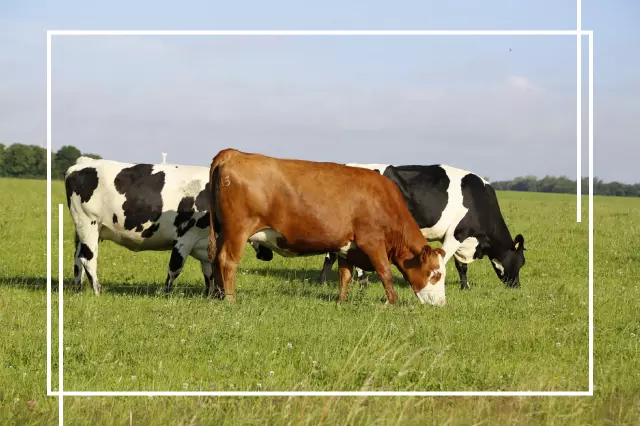In this article you’ll find out what the planet would be like if tanneries didn’t use the by-product of the meat industry.
As the years go by, one question echoes across global borders: what is the real impact of the leather industry on our planet? That’s why Courovale is aligned with the latest article developments, demystifying the environmental contribution of the leather industry.
This text is an invitation to explore the sustainable side of leather processing, a by-product of the meat industry, which could have less noble destinations if it weren’t for the work of tanneries. Have a good read!
Introduction to the Environmental Role of the Leather Industry
Imagine a world where the by-products of the meat industry were left aside. What would the environmental situation be like?
According to the Food and Agriculture Organization of the United Nations (FAO, 2023) “Global meat production is expected to increase by 0.8% in 2022, rising to 365 million tons,” producing a volume of skins that, if it weren’t for the intervention of tanneries, would represent a devastating environmental impact.
The leather industry not only prevents more than 2.18 billion m³ of waste from going to landfill, but also transforms these by-products into value-added articles. Demonstrating a sustainable path to the future.
The Leather Life Cycle: From Farm to Fashion Market
Each stage of the tanning process, from obtaining by-products to creating high-quality leather goods, is meticulously planned to maximize efficiency and sustainability.
This life cycle begins with the responsible collection of by-products, moves on to treatment and tanning methods that minimize waste, and ends with the transformation of these materials into durable and desirable products such as bags, shoes and fashion accessories.
Leather Industry Against Waste: The Truth About the Numbers
The striking reality of the leather industry is that it prevents more than 3.8 billion kg of by-products from going to landfill every year, which is equivalent to the weight of 6,650 Airbus A380s.
By processing 18% of these articles, the leather industry not only avoids an environmentally disastrous consequence; in addition, it would also be able to envelop the Earth 1.8 times if it were to stretch these articles from end to end.
Importantly, this recycling capacity demonstrates not only efficiency, but also a great commitment to sustainability.
The Environmental Impact of Landfills and the Role of the Leather Industry
The inappropriate disposal of meat industry by-products in landfills would result in the emission of more than 644 million kg of CO₂ annually. This figure, equivalent to driving a car for 6.4 billion km, highlights the critical importance of recycling these materials by the leather industry.
How the Leather Industry is Changing the Sustainability Game
Courovale leads by example, adopting innovative practices to ensure that leather is produced in the most sustainable way possible.
With a focus on excelling in the tanning industry, our sustainability policy reflects this commitment to offering finished leather to the market, committed to sustainable development.
This commitment is the basis for Courovale’s growth and perpetuation, contributing to the preservation of the planet for future generations.
Increasing Sustainability: The Leather Industry’s Potential for Responsible Growth
An increase of just 10% in the use of leather could save 3.5 million items from landfill. Thus representing a saving of more than 64 million kg of CO₂.
In short, this perspective opens up a crucial dialog about responsible demand and conscious consumption within the fashion industry.
It also highlights the importance of sustainable practices and encourages deep reflection on our choices as consumers.
This leads us to consider how, for example, we can support brands that are committed to ethics and environmental responsibility.
Courovale’s Commitment to the Sustainable Future of Leather
Here, we are committed to following the best sustainability practices, as well as pioneering innovations that will define the future of conscious fashion.
Our continuous investment, for example in less aggressive technologies and production methods, attests to our dedication to a greener planet
The Sustainable Future of the Leather Industry
The leather industry holds the key to a more sustainable future, as well as maintaining a balance between tradition and innovation.
By supporting responsible practices and promoting the conscious use of resources, we can ensure that leather processing continues to benefit the planet.
Join us on this journey towards sustainability by exploring products that enrich the style of your productions while also protecting our world.
Get in touch and find out more about how Courovale is innovating in sustainable leather production.





Comments are closed.